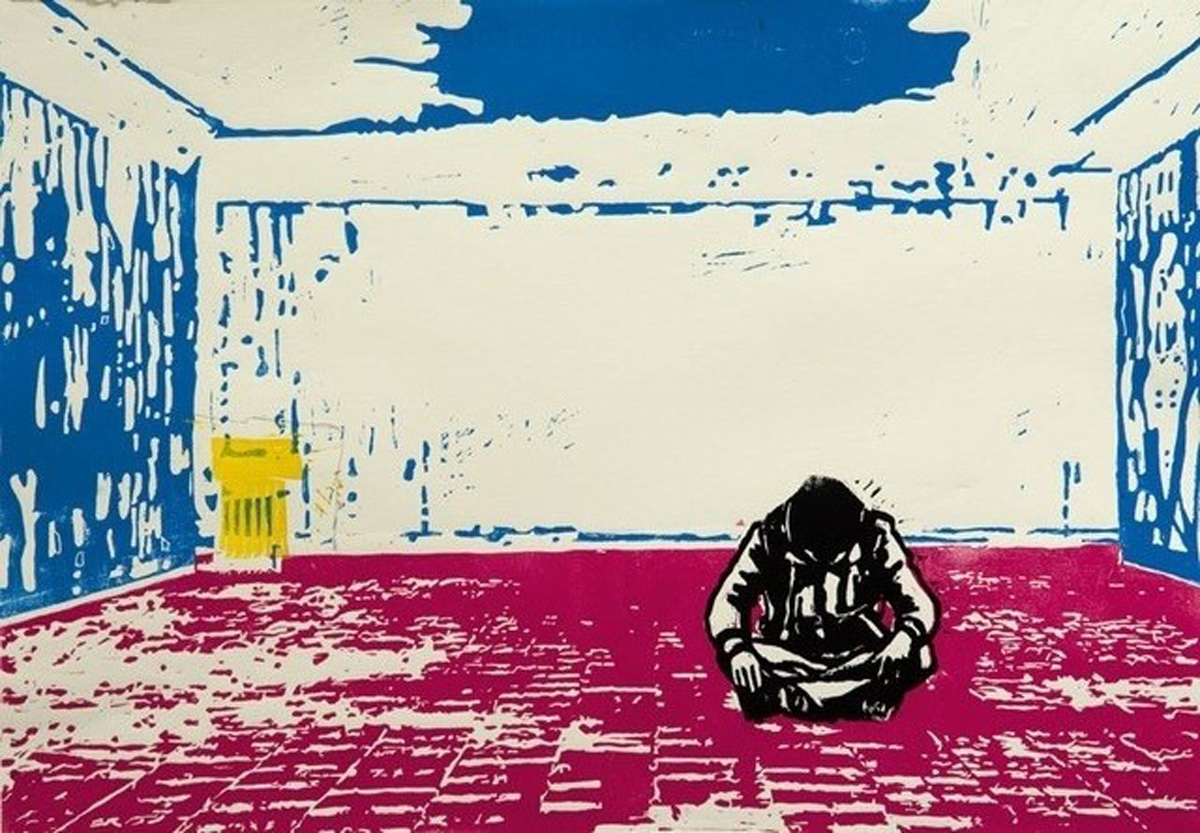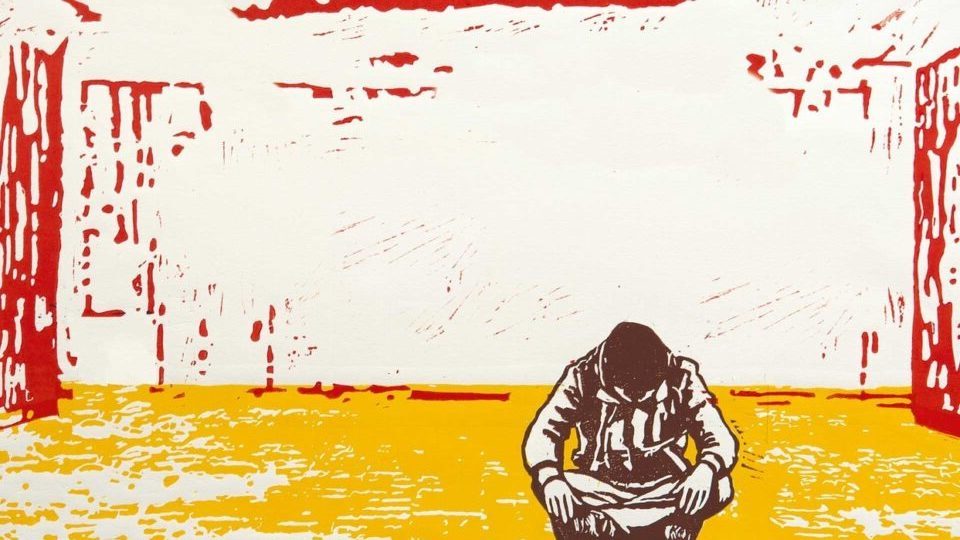• The therapeutic proposal •
Substance use, when performed, affects the central nervous system and alters consciousness. When repeated, substance use and abuse affect a person in many ways psychologically, physically and socially. It is usually a symptom caused by various causes but in the course it develops into a cause of various dysfunctions that concern the health of the individual, his relationship with the family and social environment, his creative and professional status. The degree of damage that can be caused varies depending on the duration of abuse, age, characteristics of the individual as well as the environment in which the behavior develops. In addition, the main feature of the path to addiction is the gradual loss of connection with loved ones and in general the alienation from oneself and others.
The therapeutic proposal of KETHEA DIAVASI aims at stopping the use initially but, mainly, at the search for basic causes, at the strengthening of the resistances, at the repositioning of the individual towards himself and others, at the assumption of personal responsibility and at the emphasis of self care. The main tools in this effort are the team as a corrective place for building relationships without substance mediation and implementing changes in the “here and now” but also as a return to basic values such as solidarity and mutual aid as well as therapeutic and other interventions that have The goal is to reverse the negative effects of addiction in the first year, to find the causes, to prevent relapse, to create remedial experiences, to support professional careers.
UNITS AND DEPARTMENTS OF KETHEA DIAVASI

Counseling Center
The Counseling Center is the “first door”, the Reception Center of the Program. The first meetings are held there, initially with the aim of getting to know, evaluating and assessing the kind of help one needs. The main task of the Center is the referral to other structures when this is deemed correct and the direction of the supported, depending on the needs and the profile, to the Intensive or Mild Intervention Unit. In the case of a proposal for membership in the Intensive Care Unit, the basic preparation takes place at the Center and includes group membership. At the Counseling Center the meetings take place in an individual as well as a group context and the follow-up varies depending on the level and the needs.
Intensive Care Unit
The Intensive Care Unit is the main treatment phase of the addict. Through various therapeutic tools – approaches, the client comes in contact with the problem of addiction, himself, his relationships and a set of dysfunctional behaviors that led him here. We treat each person as a separate entity. The main goal is to support him based on his needs, his uniqueness and his personal life history. Through treatment, education, art and sports, his skills are strengthened, the motivation for change is strengthened and the path to detoxification is meaningful. It is an external monitoring intervention where emphasis is placed on the continuation of the individual’s activities: education, work, family relationships. Therapeutic support is provided in a group context, with parallel individual counseling. Monitoring is daily.
Social Reintegration
The Social Rehabilitation Unit follows the Intensive Care Unit continuing the route. At a less intensive pace is sought the consolidation and organization of changes related to professional / educational career, personal life and autonomy from the family, if this has not happened. They deal with and negotiate aspects of life with a lot of supplies so that everyone can protect themselves from the risk of relapse. Awareness is achieved of what is really happening and goals are set for friendships, love affairs, family relationships, business relationships. A “new” way of meeting needs is being tried, away from substances and alcohol abuse. At every step there is a team that provides support and encourages the continuation of the course and the taking responsibility of the actions of each of its members. Change and evolution continue based on an already formed dynamic.
Mild Intervention Unit
The Open Mild Intervention Unit is aimed at adult drug users (mainly cannabis and cocaine) who remain functional in their lives (studying or working, have families) and need psychological support to stop using. The frequency of meetings (individual and group, 1-2 times a week) allows members to maintain their daily activities and meet their responsibilities. There is flexibility, depending on the capabilities of the individuals, to take advantage of the extended hours of the unit. The support in the unit has two phases:
Counseling: better understanding of the addiction problem, acquaintance with a group process, identification of problems and needs.
Main phase of treatment: complete abstinence, management of needs and problems, taking personal responsibility. There is systematic cooperation with the training department of the program and the work club. Recently, a group of young adults (18-25 years old) has been formed within the Unit, which supports occasional hashish users and meets the needs typical for people in this phase of life (support in matters of relationships, education, leisure, etc.)
Family Program
The family is a dynamic and at the same time social system, where each member follows his personal course of development, which is influenced by the influences he receives from each other member of the family and all together from the social environment. Over the years, the family, from an element that invaded and disrupted the treatment of drug addicts, became a key element in the process of changing them and began to be an integral part of the therapeutic intervention. With the entry of the usage information, a new one develops on the old family system, which is organized around it. The symptom becomes the central organizational principle of the family and the system “freezes” developmentally.
The Family Unit provides:
– information on the use and role of the family
– family counseling through individual and group meetings (groups of parents, siblings and spouses / partners)
– family and couple meetings
– seminars
Department of Education
The main goal of the department is to develop self-esteem and confidence in the capabilities and abilities of the individual for any kind of change. In this way the educational and therapeutic change of the supported is achieved. The graphic, ceramics, photography-video training teams and the creative dance, theater, music teams as well as the sports teams have been operating at KETHEA-DIAVASI since 1997 and are completely connected to the therapeutic course of the members.
“Through art and sports you learn to live differently in another place of residence. It is a continuous journey to the dream, another aspect of the world.”
The main goal of these groups is to empower the trainees. The educational content is always adapted to the needs and experiences of the trainees. The trainers create the appropriate conditions where learning is favored, while at the same time they encourage and inspire the learners. Professional and educational career counseling aims to activate any kind of prior knowledge in order to conquer the new. The main concern is the integration of members in any form of educational process and their integration into the labor market.
Work Club
The Labor Club has been operating at KETHEA DIAVASI since 1999. The role of the Work Club is to promote the equal work integration of the members along with their mental detoxification. In particular, this structure aims, through the learning of job search techniques and the provision of professional counseling services, to support all members and graduates of KETHEA DIAVASI in finding a job, in maintaining and managing the job position as well as in professional development. At the same time, it cooperates and seeks the cooperation with employers and labor organizations in order to raise their awareness for the equal integration of the members of KETHEA DIAVASI in the labor market, the creation of a network of employers for the absorption of members in jobs labor market data.
Cultural Hangout
The Cultural Hangout operates in close collaboration with the Therapeutic Units and the Department of Education with the aim of connecting KETHEA DIAVASI with the city and its people, the field of art and creation and the interaction with the social environment in which the Program is located.
Research Department
The Research Department at KETHEA DIAVASI deals with the keeping of data of the people who approach the Program, as well as with the monitoring of their progress through specific research tools. Collaborates directly with the Central Research Sector of KETHEA and participates in general research projects that are prepared as in the current phase the effectiveness research conducted by KETHEA.
Administrative / Financial Department
The Administrative / Financial Department of KETHEA DIAVASI has as its object the coverage of the respective needs of the Program in connection with the Central Service Director of KETHEA.

